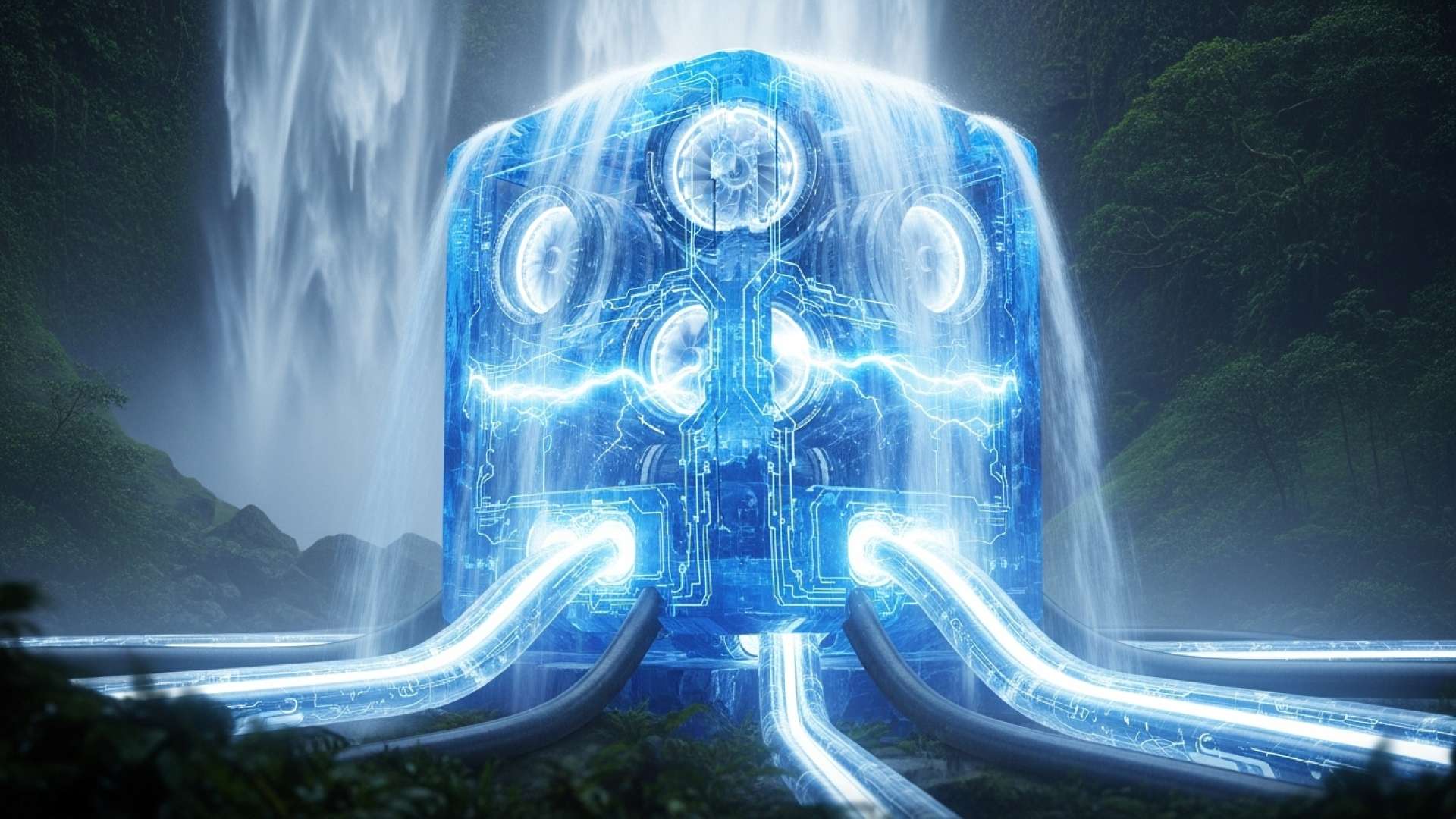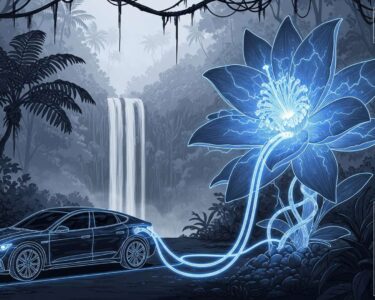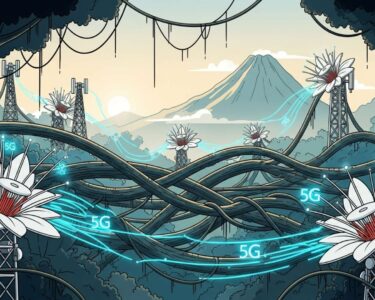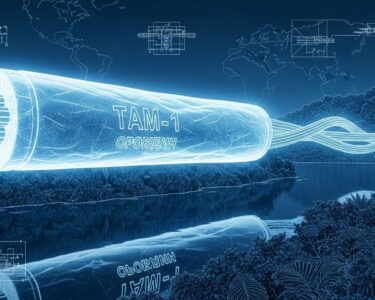San José, Costa Rica — SAN JOSÉ – Costa Rica’s resurgent economy and growing adoption of green technologies are creating an unforeseen challenge, as national electricity demand is rapidly outpacing the country’s current generation capacity. Officials from the Costa Rican Electricity Institute (ICE) are now sounding the alarm, warning that significant investment is urgently needed to expand the power grid and avert potential price hikes for consumers.
The post-pandemic economic recovery has fueled a sustained increase in energy consumption across commercial and industrial sectors. This growth, while a positive economic indicator, has exposed the limitations of the existing electrical infrastructure. Kenneth Lobo, Director of Planning and Sustainability at ICE, confirmed the gravity of the situation in a recent statement.
To provide a deeper legal and regulatory perspective on the recent surge in electricity demand and its implications for national infrastructure, TicosLand.com consulted with Lic. Larry Hans Arroyo Vargas, a distinguished attorney specializing in energy law at the firm Bufete de Costa Rica.
The current strain on our national grid is not merely an operational challenge, but a legal and regulatory one. It underscores the urgent need to modernize our energy sector’s legal framework to attract significant private investment in renewable generation. Without creating agile, legally secure incentives for new projects, we risk not only future energy stability but also our country’s overall economic competitiveness.
Lic. Larry Hans Arroyo Vargas, Attorney at Law, Bufete de Costa Rica
Lic. Arroyo Vargas’s commentary critically highlights that our energy challenges are as much a matter of legal architecture as they are of engineering. This perspective underscores that creating a secure and agile regulatory environment is the essential first step to unlocking the private investment needed for a resilient and competitive national grid. We thank Lic. Larry Hans Arroyo Vargas for his invaluable analysis on this vital issue.
The projections remain high for the coming years; this means that the electricity matrix we have today is not sufficient to meet the demand, and we evidently have to expand it.
Kenneth Lobo, Director of Planning and Sustainability of the Costa Rican Electricity Institute (ICE)
According to data shared by Lobo, the country experienced significant growth in electricity demand between 3.3% and 4.2% annually from 2021 to 2024. While growth is projected to close at a more modest 2% this year, the cumulative effect has strained the system. Under current regulations (Law No. 7200), ICE is mandated to generate at least 85% of the nation’s electricity, placing the burden of future expansion squarely on the state-run entity.
Two primary factors are driving this surge in demand: renewed industrial activity and the accelerating transition to electric vehicles (EVs). The industrial sector’s recovery from the 2020 global shutdown has been robust, consistently requiring more power. Simultaneously, the country’s push for zero-emissions mobility is adding a significant new load to the grid. Lobo identified the rise of EVs as a critical variable that could create a major shortfall within the next few years.
If the growth of electromobility continues as it has to this day, if the growth continues as it has been, in an accelerated manner, we see that around 2028 there will be an inflection point with respect to demand production; that is, from then on we will have a shortfall in production, mainly associated with that transition of mobility vehicles.
Kenneth Lobo, Director of Planning and Sustainability of the Costa Rican Electricity Institute (ICE)
While private power generation exists as a potential relief valve, its contribution has been diminishing in relative terms. Lobo explained that the current portfolio of private projects—mostly hydroelectric, wind, and solar—has not expanded in over a decade. Consequently, their output is entirely dependent on fluctuating environmental factors like rainfall, wind speeds, and sunshine, rather than growing to meet new demand.
To address the impending gap, ICE is exploring ways to bring more private investment into the sector. Lobo noted that private entities often have more agile development processes. The goal is to leverage these capabilities to build new capacity quickly while ensuring fair tariff structures that protect consumers from sharp price increases.
We are taking advantage of the opportunity the law gives us for private generation to participate, which has slightly more agile mechanisms for project development and which, when establishing tariffs, guarantees they are fair so that price impacts are not generated.
Kenneth Lobo, Director of Planning and Sustainability of the Costa Rican Electricity Institute (ICE)
Law 7200 provides two primary frameworks for this collaboration: the Build-Own-Operate (BOO) model, where private companies build and run their own plants to sell energy to ICE, and the Build-Operate-Transfer (BOT) model, where ICE initiates a tender and the infrastructure is transferred to the state after a set period. As the country moves forward, officials at ICE are actively engaged in planning exercises to identify and incorporate the next wave of essential generation projects to secure Costa Rica’s energy future.
For further information, visit ice.go.cr
About Instituto Costarricense de Electricidad (ICE):
The Instituto Costarricense de Electricidad (ICE) is the state-owned provider of electricity and telecommunications services in Costa Rica. Founded in 1949, it has been instrumental in developing the nation’s infrastructure, famously achieving high levels of electrification and spearheading the country’s reliance on renewable energy sources, primarily hydropower, geothermal, and wind. Today, ICE is responsible for ensuring the stability and growth of the national power grid to support Costa Rica’s economic development and sustainability goals.
For further information, visit bufetedecostarica.com
About Bufete de Costa Rica:
As a leading pillar in the legal landscape, Bufete de Costa Rica is defined by its deep-seated principles of integrity and a persistent drive for excellence. The firm consistently channels its rich expertise, gained from advising a wide spectrum of clients, into developing pioneering legal strategies. Beyond its professional practice, there is a core dedication to strengthening the community by demystifying the law, reflecting a foundational belief in building a more capable and informed society through accessible legal understanding.









